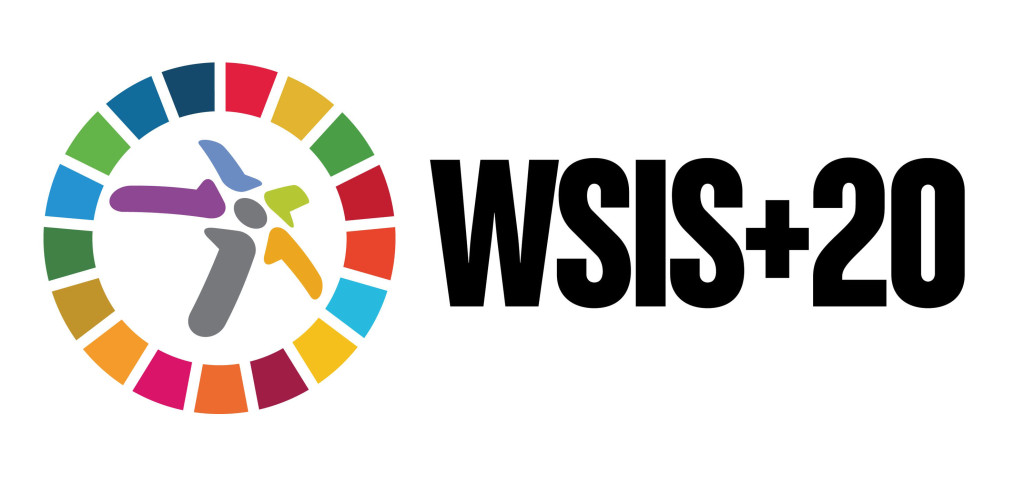Tech Global Institute urges stronger commitments in WSIS+20 Rev1 consultation
During the WSIS+20 virtual stakeholder consultation on Revision 1, the Tech Global Institute called for restoring key commitments removed from the Zero Draft, including language on inclusion, public investment, rights-based safeguards, and explicit protections against mass surveillance. The organisation argued that the revised text weakens the WSIS vision and risks sidelining the Global South in shaping the next generation of digital governance.

The WSIS+20 virtual stakeholder consultation on Revision 1 brought a detailed intervention from the Tech Global Institute, which warned that the latest edits to the draft outcome text risk weakening core commitments that should guide the next phase of global digital governance. Speaking on behalf of the organisation, Shumaila H. Shahani emphasised the need for a framework that reflects the realities and priorities of the Global South, and one that retains the people-centred principles that have defined the WSIS process since its inception.
Tech Global Institute acknowledged positive elements in the revised document, including the proposal for a new task force on financial mechanisms and the formalisation of the Internet Governance Forum as a permanent forum. However, the organisation raised concerns about the removal or dilution of several commitments that appeared in the Zero Draft. In its view, these omissions risk shifting WSIS+20 away from its foundational goals of digital equity, capacity development, and meaningful participation.
A central issue highlighted in the statement was the deletion of language affirming the right of people to ‘create, access and use’ technology. Tech Global Institute argued that this shift reduces individuals to passive consumers instead of recognising their role as active innovators. The revision also removes explicit references to capacity building and technology transfer, two pillars that developing countries consider essential for bridging persistent global divides.
The organisation also drew attention to the concentrated nature of the global digital marketplace, noting that the revised text does not address structural imbalances or the need for a level playing field. Shahani stressed that public investment remains indispensable for building digital public goods and for ensuring that small and medium-sized enterprises in developing countries can participate meaningfully in the digital economy. Market-driven solutions alone, the organisation argued, are insufficient for closing the gaps that continue to widen between regions.
Another recommendation focused on operationalising commitments through fundamental rights impact assessments and the precautionary principle. Tech Global Institute argued that these tools are necessary to evaluate risks associated with emerging technologies, particularly AI, and to prevent serious harms even when scientific evidence remains inconclusive. Without these safeguards, the revised text risks overlooking the rights-based considerations that will shape responsible technology development in the coming years.
Surveillance policy emerged as one of the areas of strongest concern. The organisation criticised the removal of overarching principles such as legality, necessity, and proportionality, along with the deletion of explicit language prohibiting mass surveillance. This change, it argued, represents a significant rollback from established human rights standards and should be reversed to maintain consistency with global norms.
Tech Global Institute also noted the complete omission of social media from the revised text. Given the platforms’ significant influence on public debate, accountability, and democratic participation, the organization warned that excluding them leaves a major gap in the WSIS+20 framework. The absence of even a reference to social media, it argued, weakens expectations for transparency and responsible governance in one of the most consequential areas of the digital landscape.
The final concern centred on the removal of explicit alignment between WSIS and the sustainable development goals. Shahani emphasised that digital cooperation must be framed as a direct contributor to the broader development agenda. Without this linkage, the revised text risks drifting away from the development-focused foundation that originally defined the WSIS process.
Tech Global Institute concluded its intervention by urging member states and stakeholders to restore these elements and to ensure that WSIS+20 delivers a practical and principled roadmap for an inclusive Information Society. The organization reiterated its commitment to supporting revisions that reflect equitable digital development and safeguard human rights in the face of rapid technological change.


